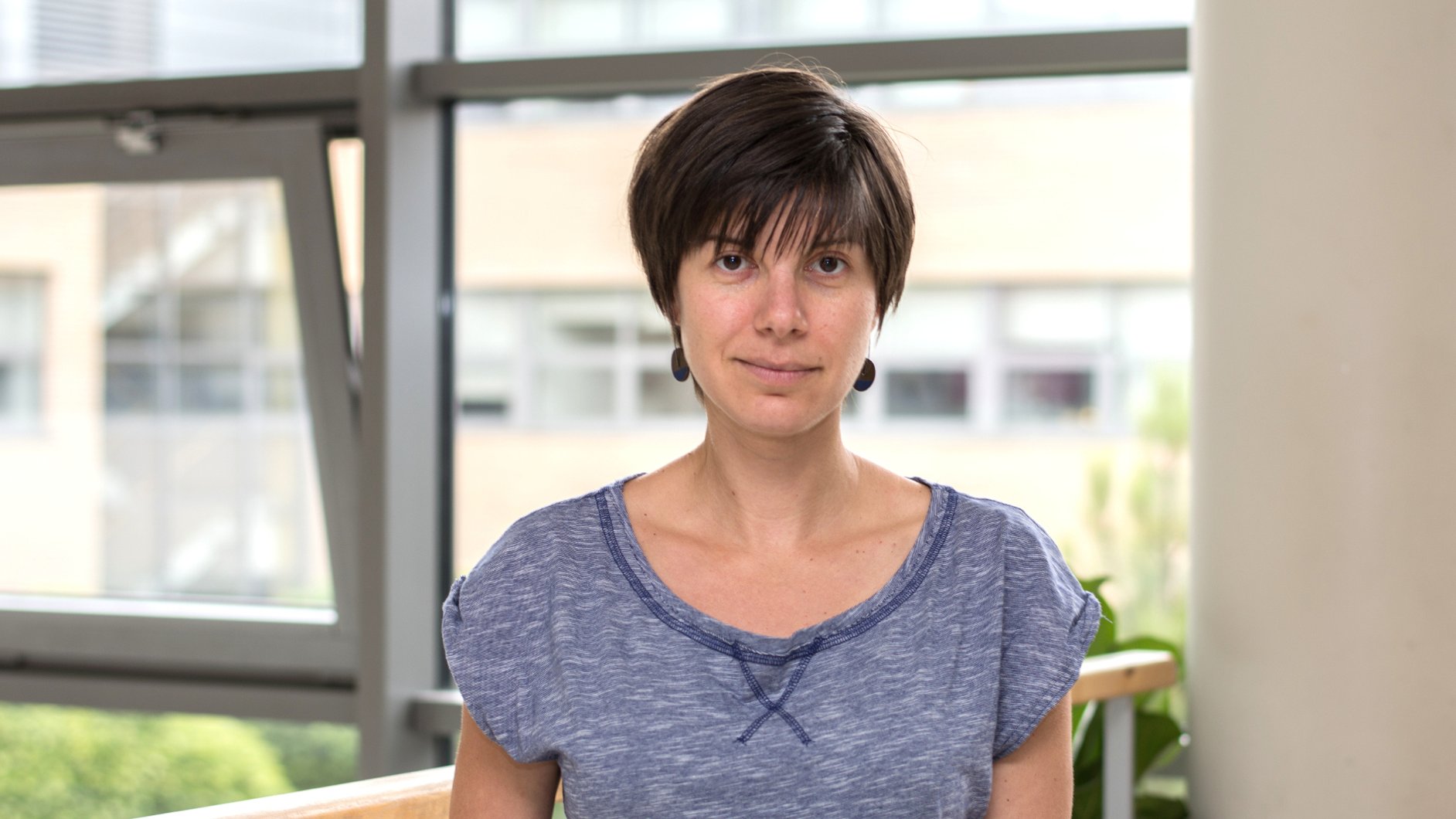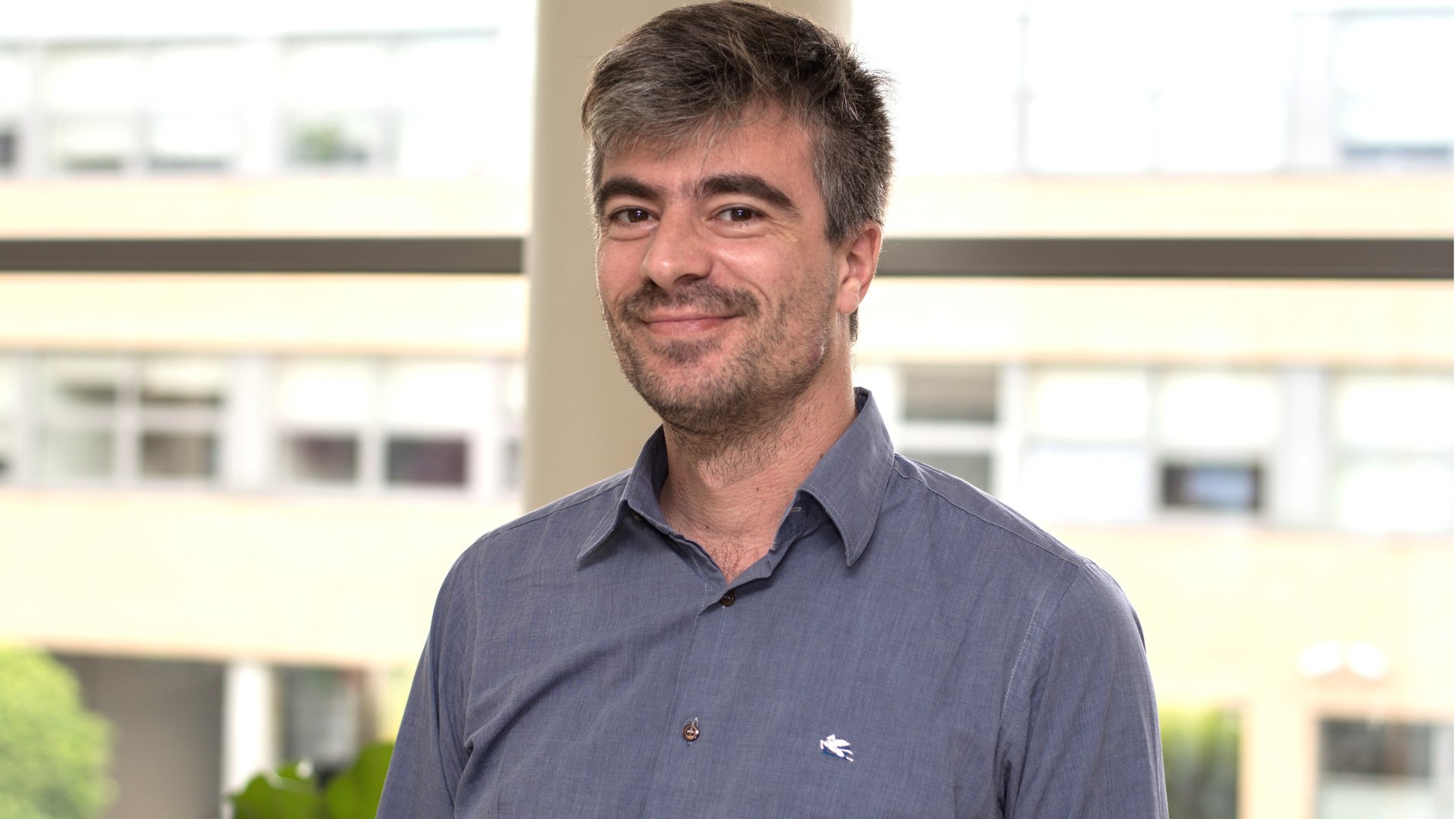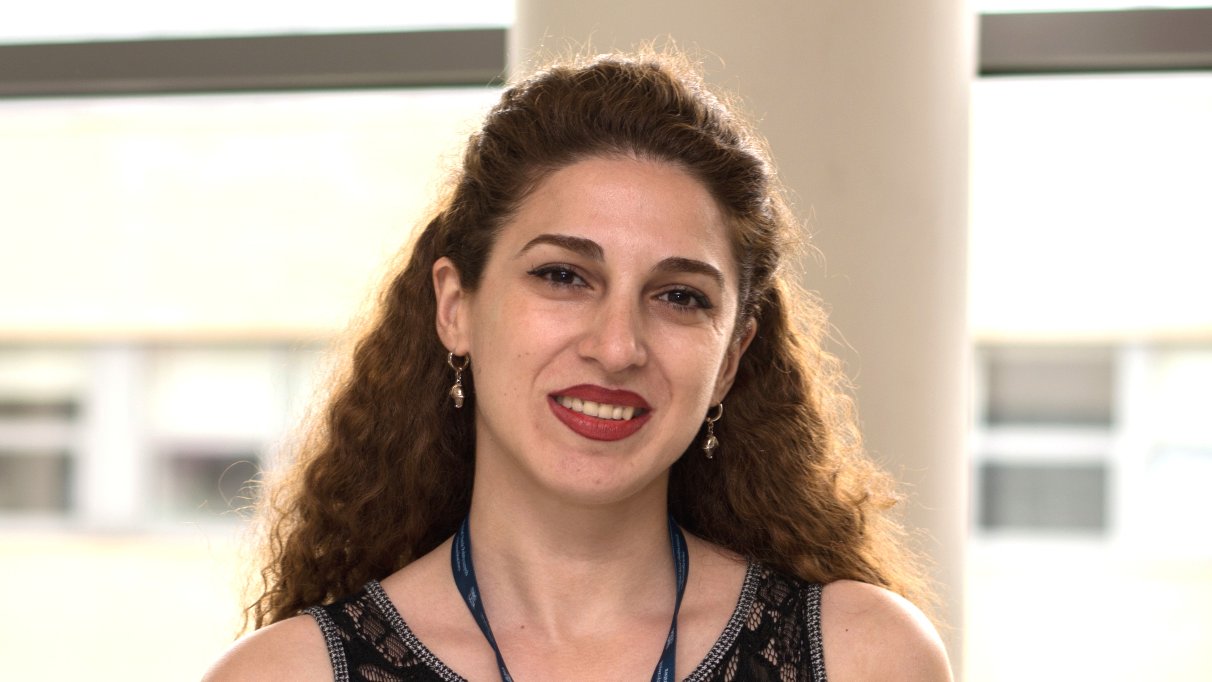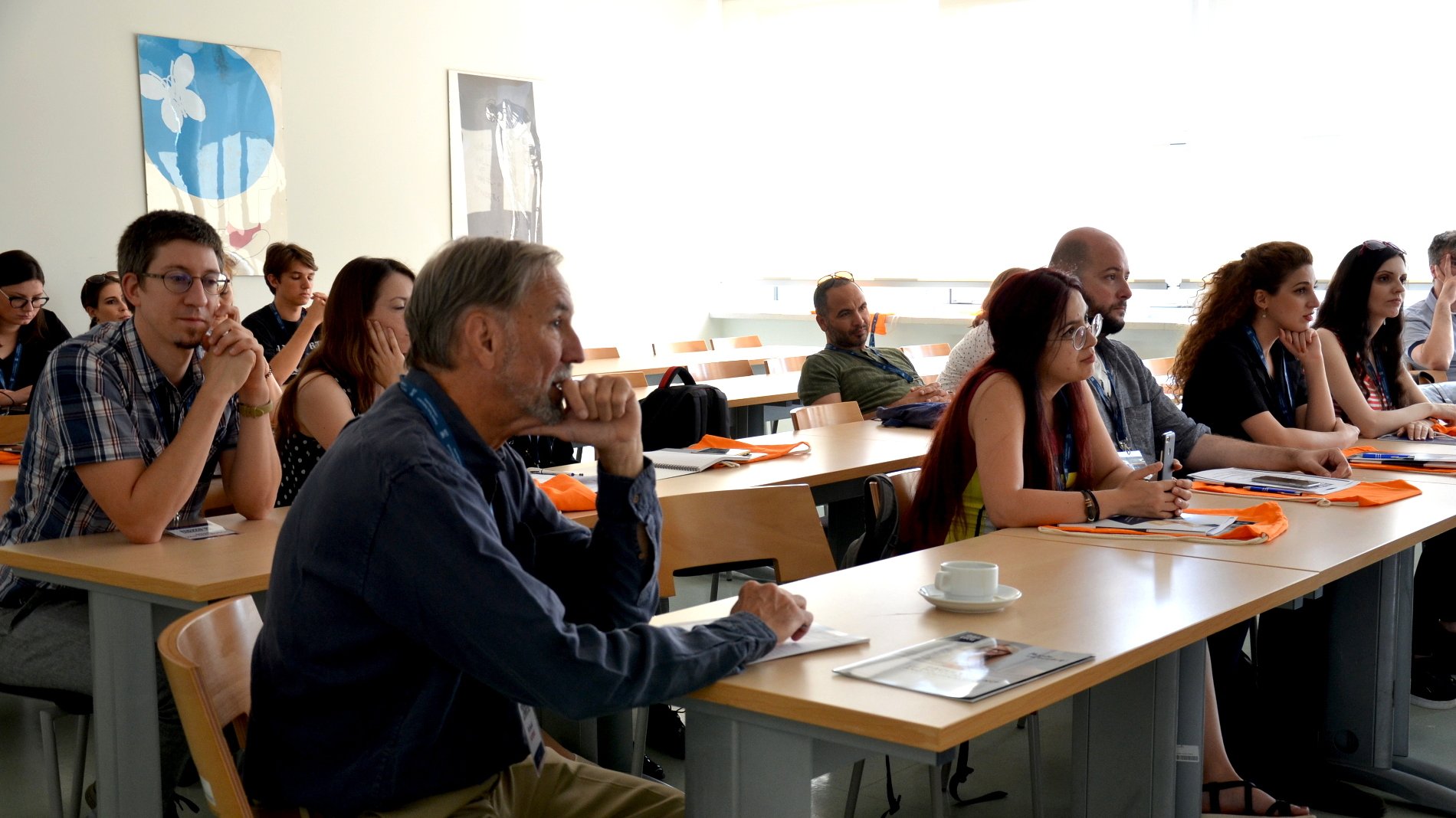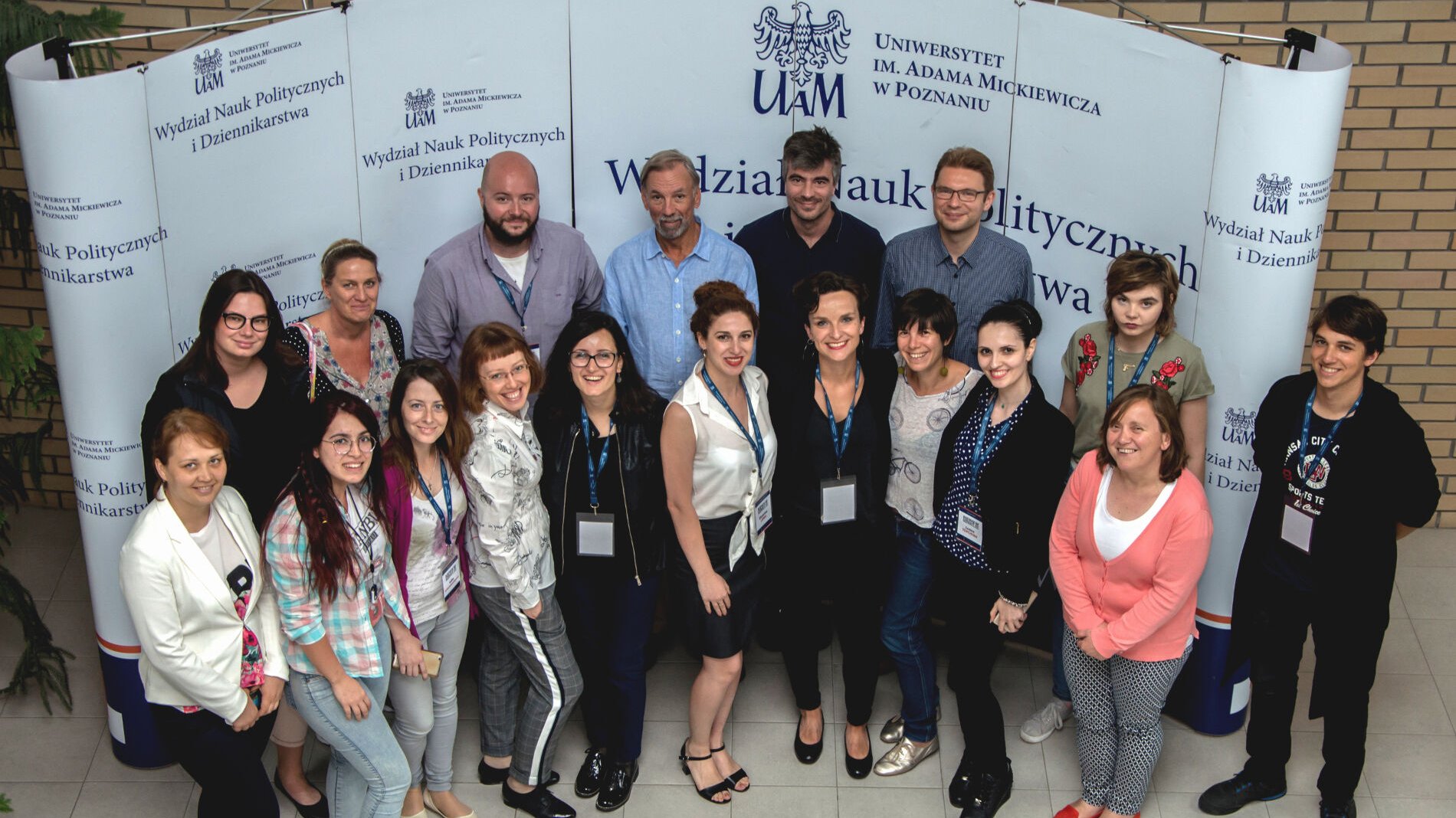The role of critical thinking: News Literacy Summer Institute in Poznań 2018

Here we have some participants' impressions on the major challenges faced by contemporary media.
Boryana Dzhambazova, Bulgaria:
In an era when disinformation and fake news are factors that determine the next president of the United States or the result of other crucial elections, I think it's important to have informed citizens. They say that we are what we eat, so in terms of media consumption, we are the media that we read or watch. Sometimes when you're drinking a coke, you don't know how much sugar is in it and sometimes, when you're spreading viral content, you don't know where it comes from and that you're consuming bad news. Courses on news literacy and media literacy can be a way to improve the media diet of the next generations.
Massimo Di Ricco, Spain:
What is important is the idea of making people aware of what they consume and to critically approach news in general. Since I work a lot with issues related to geopolitics and international relations, it's important to me to understand news in these contexts better and apply this knowledge in my future projects.
Ekatarina Lomia, Georgia:
I come from a country which has a major dispute with Russia and on a daily basis in social media and other sources there is plenty of information that is not real or true. That's why it's getting more and more important to evaluate the quality of the information that we get from both sides.
As Richard Hornik, Director of Overseas Partnership Programs for the Center for News Literacy at Stony Brook University, claims: - A new generation of news literate citizens who demand high-quality information will shape the future of journalism. Savvy news consumers are already beginning to understand the value of the ability of journalists to authenticate and then put into context the vast amount of information that constantly floods over us. Just as it is often said that in a democracy citizens get the government they deserve, in the 21st Century newly empowered consumers will get the journalism they deserve.
The 14 participants in this year's edition represented universities, media institutions, schools and non-governmental organizations from 12 countries (Armenia, Azerbaijan, Bulgaria, Georgia, Kosovo, Macedonia, Moldova, Germany, Poland, Romania, Ukraine and Italy). They joined the network of graduates of previous editions that now numbers over 50 people from Central and Eastern Europe, Caucasus and Central Asia.
This year, the President of the City of Poznań, Jacek Jaśkowiak, took a honorary patronage over the News Literacy Summer Institute in Poznań, while the "Study in Poznań" project carried out at the City Development and Foreign Relations Department is responsible for a media patronage.
See more

Open lecture: "Structural civil and CRITIS protection - resilience in times of uncertainty"

Open lecture: "Sustainable Breeding: Balancing Animal Welfare and Resource Efficiency"

Open lecture: "A Career in music, as I see it"


